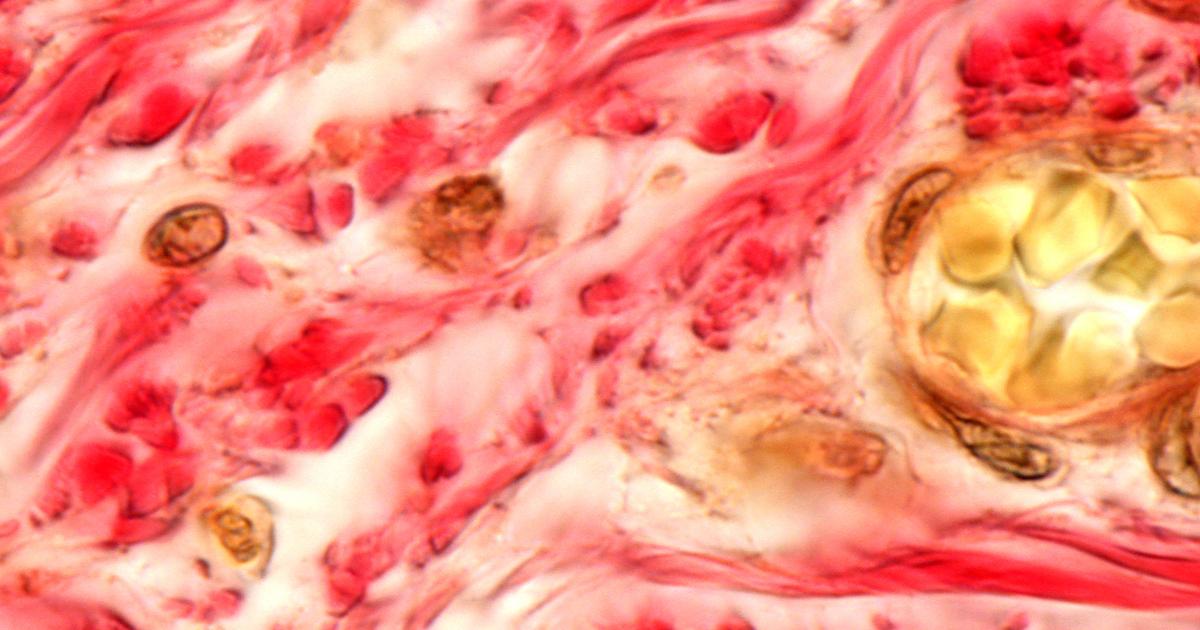What Everyone Should Know About Collagen Peptides
Promoted as a beauty and anti-aging treatment, collagen peptides are available in capsule, powder, and liquid forms. Many companies now add them to foods such as cereal and granola bars, and some skincare products use them as an ingredient too. They are considered a nutritional supplement, and some studies suggest the peptides could help patients looking to lose weight, reduce joint pain, and improve the strength of their bones. Globally, the market for collagen peptides is experiencing a dramatic increase, and the supplements are surging in popularity. Individuals who are hoping to add collagen peptides to their healthy lifestyle and skincare routine should always check with a physician first, especially if they have any underlying health conditions.
The basic facts, benefits, and potential side effects of collagen peptides are outlined below.
What Is Collagen?
Collagen is a structural protein found in the connective tissues throughout the body. As the most abundant protein in the entire body, collagen accounts for between twenty-five to thirty-five percent of the body's total protein composition. It is a primary building block for skin, ligaments, tendons, muscles, and bones, and it is also located in the blood vessels, teeth, and corneas. Scientists have currently identified at least sixteen forms of collagen. Collagen type I comprises ninety percent of the collagen within the body, and it is formed of dense fibers, providing structure and support for connective tissues, fibrous cartilage, skin, bones, and teeth. The second form of collagen is made of slightly looser fibers located in elastic cartilage and helps cushion joints. Collagen is manufactured in the body by combining proline and glycine (types of amino acids) to create procollagen. Vitamin C plays a major role in procollagen formation. As individuals go through the aging process, the body naturally starts to produce less collagen, and the collagen it does produce is of lower quality.
Learn about when the body starts losing collagen next.
When The Body Starts Losing Collagen

Collagen loss typically begins around twenty-five years old, and it becomes more pronounced as individuals reach their mid-thirties and beyond. Collagen provides internal support for the skin, and patients often notice fine lines, wrinkles, and sagging skin as collagen is depleted. The skin loses firmness and elasticity as well. Enzymes naturally produced within the body are responsible for the breakdown of collagen, and sun exposure, pollution, smoking, and free radicals trigger a gradual loss of collagen too. While it is not possible to stop collagen loss entirely, doctors recommend following a healthy diet, avoiding sun exposure and smoking, and moisturizing the skin regularly to minimize the effects of this loss. Vitamin C has been shown to increase the stability of collagen molecules, and patients may want to consider using skincare products that contain this vitamin. Regular consumption of foods rich in vitamin C such as oranges, kale, kiwis, and broccoli, and Brussels sprouts is advisable.
Get familiar with the major types of collagen next.
